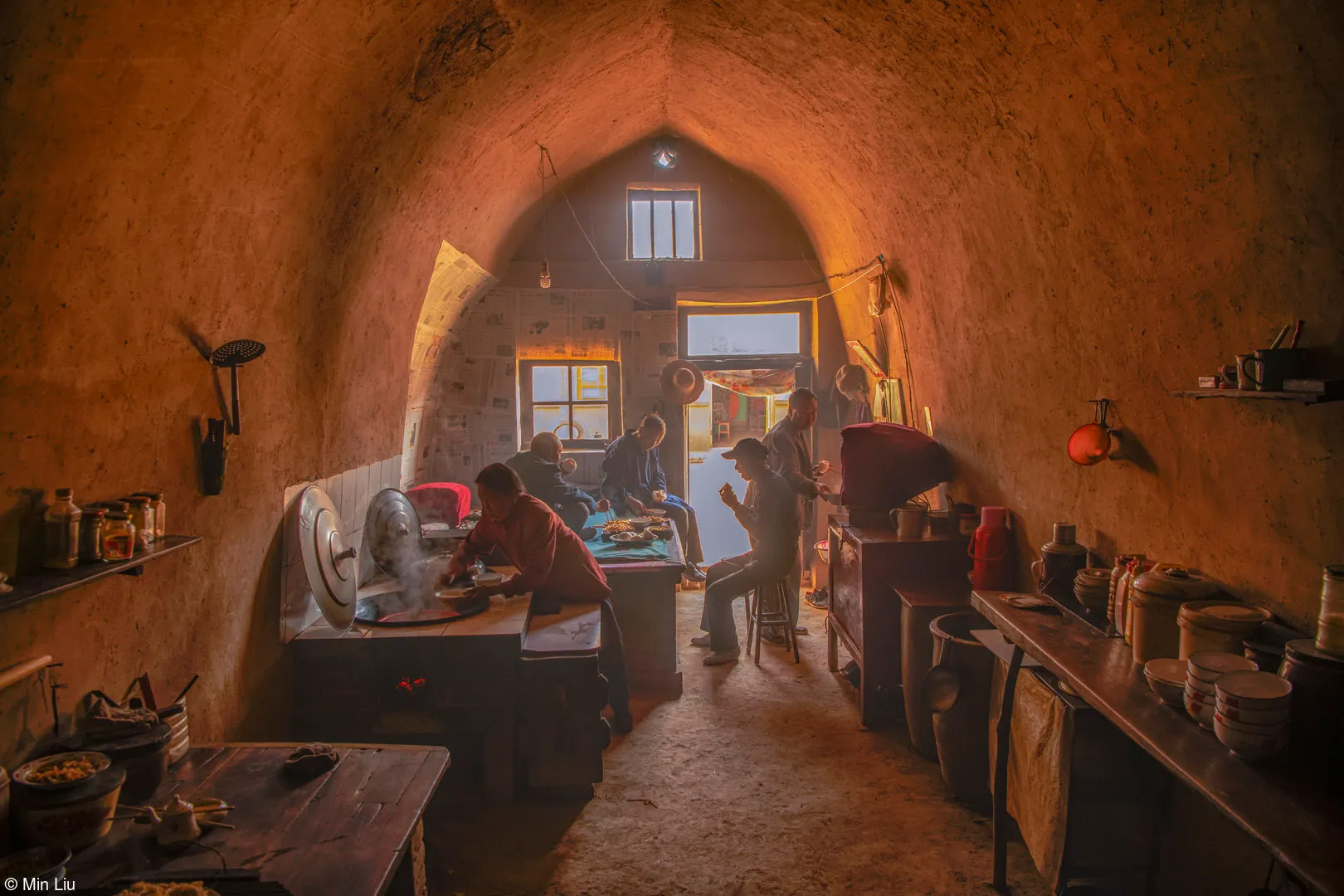Once upon a time, leisure was a sign of prestige. Today that idea has been turned on its head, and busyness is the new status symbol. Busy people are considered important and impressive, and employees are rewarded for showing how “hard” they’re working. Such thinking is misguided. It can cause organizations to overload their employees, base their incentives on the amount of time they put in, and excessively monitor their activities, all of which undermine productivity and efficiency, research shows. Meanwhile, reducing work to manageable levels can actually enhance them.
Life
TODO apps are meant for robots
frantic.imWhy willpower is overrated
vox.comPsychologists increasingly think effortful restraint is not the key to the good life. So what is?
Reduce Friction
blog.ceejbot.comObliterate toil: automate it.
Automate ruthlessly. This is where I have seen the most surprising pushback. We’re programmers. Automating processes is what we do! People will flinch about this, afraid of time spent automating things that won’t pay off. Yes, we’ve all been there. So don’t do that. Don’t automate things that are really one-offs. If there’s any chance you have to do the same thing more than five times, automate it. If it’s complex and difficult for a human to do, automate it. If the blast radius of the explosion caused by a human doing it wrong is large, automate it. If the end results need to be the same every time, automate it.
Infrastructure should be automated as far as you can push it.
The upside of automation is that the software that does the work for you can be instrumented.
Australian Wildfires Triggered Massive Algal Blooms in Southern Ocean
nicholas.duke.eduThe discovery raises intriguing new questions about the role wildfires may play in spurring the growth of microscopic marine algae known as phytoplankton, which absorb large quantities of climate-warming carbon dioxide from Earth’s atmosphere through photosynthesis and are the foundation of the oceanic food web.
“Our results provide strong evidence that pyrogenic iron from wildfires can fertilize the oceans, potentially leading to a significant increase in carbon uptake by phytoplankton,” said Nicolas Cassar, professor of biogeochemistry at Duke’s Nicholas School of the Environment.
The algal blooms triggered by the Australian wildfires were so intense and extensive that the subsequent increase in photosynthesis may have temporarily offset a substantial fraction of the fires’ CO2 emissions, he said. But it’s still unclear how much of the carbon absorbed by that event, or by algal blooms triggered by other wildfires, remains safely stored away in the ocean and how much is released back into the atmosphere. Determining that is the next challenge, Cassar said.
Food Photographer of the Year 2023 Finalists
pinkladyfoodphotographeroftheyear.comParagraphica
bjoernkarmann.dkThe camera operates by collecting data from its location using open APIs. Utilizing the address, weather, time of day, and nearby places. Combining all these data points Paragraphica composes a paragraph that details a representation of the current place and moment.
Using a text-to-image AI, the camera converts the paragraph into a “photo”.
The resulting “photo” is not just a snapshot, but a complex and nuanced reflection of the location you are at, and perhaps how the AI model “sees” that place.
Notes apps are where ideas go to die. And that’s good
reproof.appNotes let us forget and remember, simultaneously. No more loss aversion; we can have our ideas and forget them, too. We can cut and trim and still keep our darlings.
We need to feel safe that our memories were not in vain, that they’ll be there if we want them again. Only then can we let go.
Then the cracks appear. You read something new, think new thoughts. Then you go to save it and feel a tinge of déjà vu, think you’ve seen this thing before, yet you couldn’t find the memory. And, come to think of it, you never did use all those murdered darlings, either. Your faith in the second brain falters.
Noise Is All around Us—and It’s Affecting You More than You Think
thewalrus.caSound aesthetic is important for another reason besides our pleasure. It might lead to a more ethical relationship with our environment and the people around us. Jordan says, once we deal with harmful, excessive noise that causes physical and psychological damage, we might want to reconsider how we deal with the soundscapes we live and work in. He thinks it would make us better citizens and better humans.
Restoring the Old Way of Warming: Heating People, not Places
solar.lowtechmagazine.comThese days, we provide thermal comfort in winter by heating the entire volume of air in a room or building. In earlier times, our forebear’s concept of heating was more localized: heating people, not places.
They used radiant heat sources that warmed only certain parts of a room, creating micro-climates of comfort. These people countered the large temperature differences with insulating furniture, such as hooded chairs and folding screens, and they made use of additional, personal heating sources that warmed specific body parts.
Good conversations have lots of doorknobs
experimental-history.comThe main reason we don’t create more affordances, however, is pure egocentrism. When we just say whatever pops into our heads, we may think we’re making craggy, climbable conversational rock walls, when in fact we’re creating completely frictionless surfaces. For example, I’m thrilled to tell you about the 126 escape rooms I’ve done, but my love for paying people $35 to lock me in a room blinds me to the fact that you probably do not give a hoot. I may even think I’m being generous by asking about your experiences with escape rooms, when my supposed giving is really just selfishness with a question mark at the end (“Enough of me talking about stuff I like. Time for you to talk about stuff I like!”).
Training And Diet Are Simple Because Your Body Is Complex
strongerbyscience.comCalorie intake, protein intake, and training volume are by far the most important factors determining your body composition and degree of swole-ness. Add in training intensity and specificity, and you’ve got the major factors determining strength as well.
Everything else is just details. And it’s not that details don’t matter; it’s just that unless you’re an elite-level athlete trying to eek out an extra percentage of performance, they don’t matter very much. In a complex, redundant system, details generally get lost in the noise, and end up having at most a trivial effect.
Bluesky firehose
firesky.tvSee current activity on Bluesky in realtime.
Another Kind of Time
emergencemagazine.orgIn this conversation, artist and writer Jenny Odell points beyond the domination of clock time toward ways of being that are more in tune with the rhythms and patterns of the Earth.
The Internet Isn’t Meant To Be So Small
defector.comThough it makes me feel like a grandmother on her deathbed to admit it, I remember the days when the internet was vast, when there seemed to be more places to go than anyone could ever visit and infinite things to read. What you saw was not determined by some highly protected coded algorithm that lives somewhere in the cloud. You could just go out and find it.



